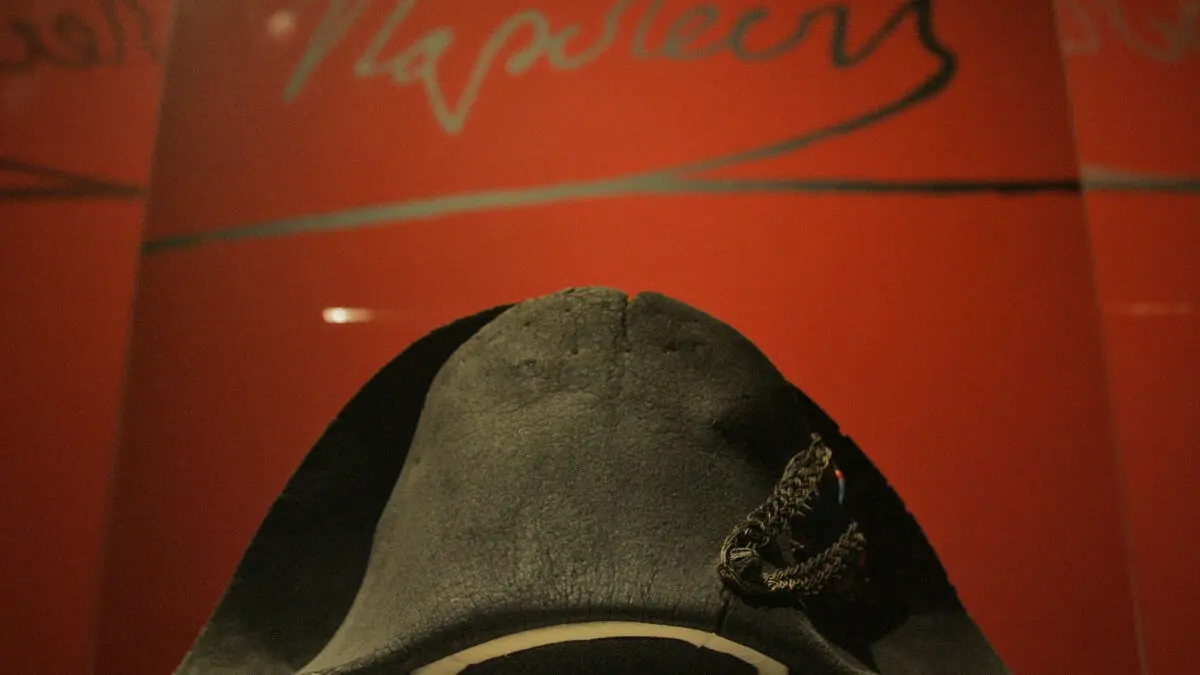Wars, famine, cold and a typhus epidemic have previously been seen as the causes of the death of hundreds of thousands of soldiers when the French emperor Napoleon Bonaparte invaded Russia over 200 years ago.
Now, researchers have examined DNA remains from dead soldiers' teeth, retrieved from a mass grave in Lithuanian Vilnius discovered in 2001. The analyses suggest that more diseases than typhus may have contributed to the soldiers' death, including two previously undetected types of bacteria, shows a study published in the journal Current Biology, reports CNN.
A type of salmonella bacteria and a borrelia bacteria were found. A bacteria causing typhus was established already in 2006 in teeth from Napoleon's soldiers, but those analyses were limited by the DNA technology of the time.
This type of analysis, this type of project, can really provide a much clearer picture of the landscape of infectious diseases in history ... and how (historical events) have also shaped the landscape of infectious diseases today, says one of the study's co-authors Nicolás Rascovan at the unit for microbial paleogenomics at Institut Pasteur.






